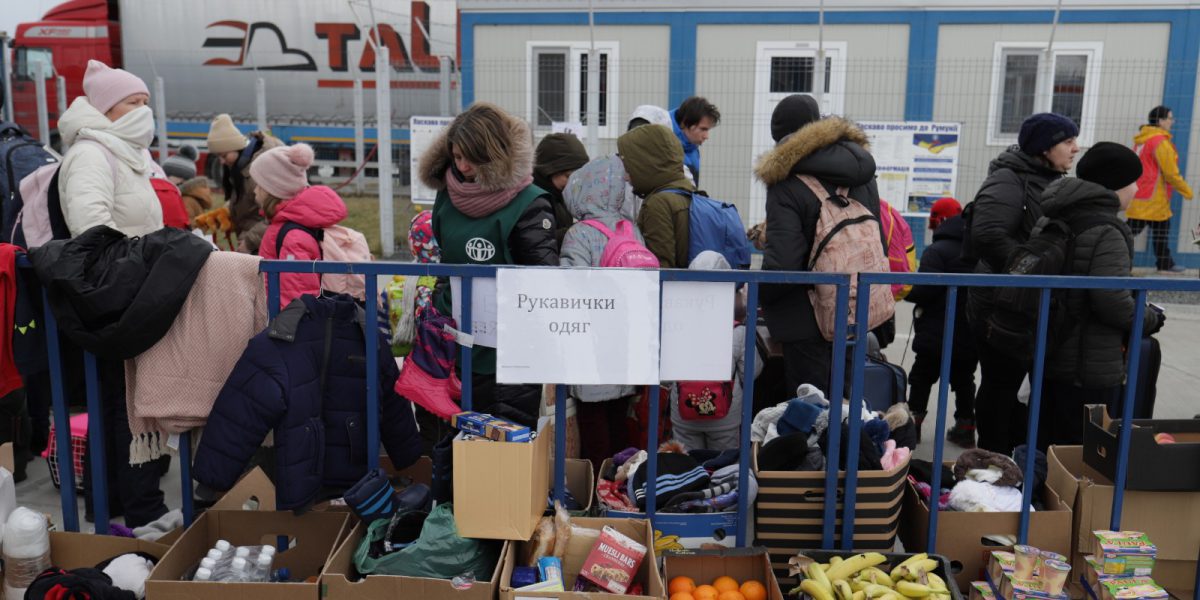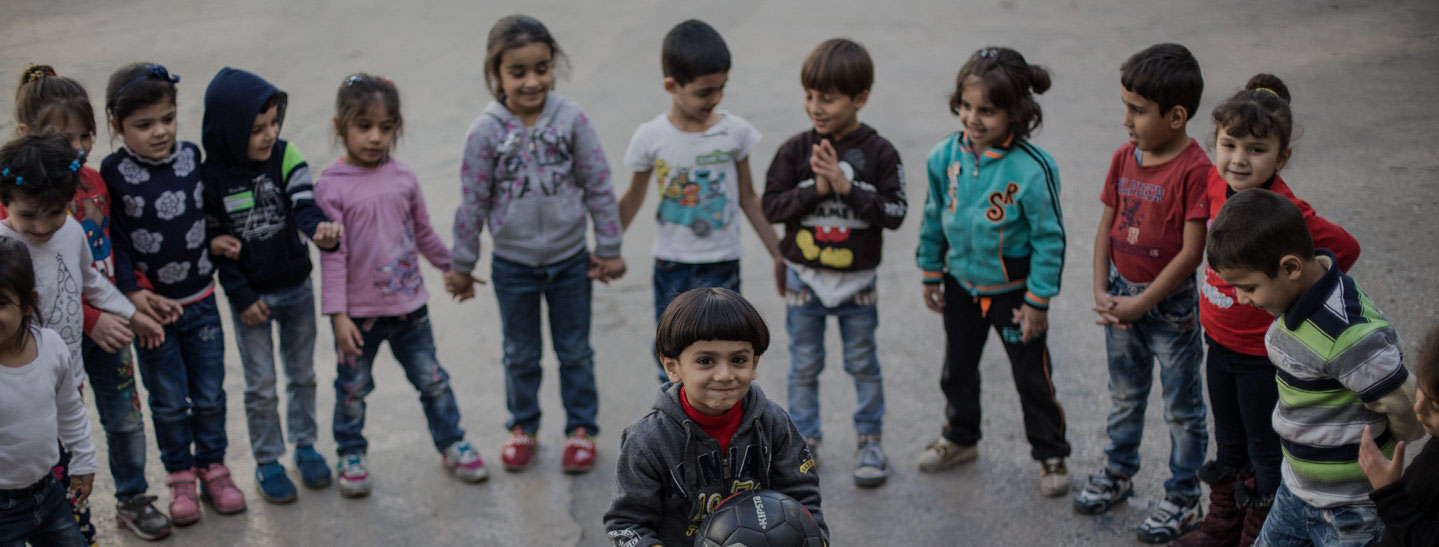Private accommodation for Ukrainian refugees in Croatia
22 December 2025

Each day an ever-increasing number of refugees are making their way from Ukraine to Croatia. Those who have contacts in Croatia found private accommodation, while the rest are housed in collective reception centers. At the moment, more than 9000 Ukrainians have entered Croatia. This figure doesn’t include those who have been here before the war started, and have thus far not been officially documented as refugees.
Although the government efforts to make the collective reception centers as hospitable as possible are commendable, when compared to private accommodation, they are woefully inadequate. It is plainly clear that refugees should be directed to private accommodation as soon as possible, and that private accommodation should be the preferred mode of refugee housing. Staying with Croatian families greatly eases the creation of a network of social contacts, which will, in turn, reduce the feeling of exclusion, help to overcome trauma, and quicken the process of integration. Therefore, we at JRS urge that as many refugees as possible be housed with Croatian families or in other forms of private accommodation.
In Poland, more than 2 million refugees have been housed without the need to open one single collective reception center. With adequate organization, the same can be achieved in Croatia.
Following Poland’s example, we call on every individual, every family, and every organization, as well as all good-willed people, to show bravery and welcome refugees into their homes and their spaces.
Furthermore, people who have already shown generosity and opened their homes to refugees, as well as those who will do so in the future, should not be left to bear this burden alone, without help and support. For their successful integration, the newcomers will need guidance and clarity in the process of collecting documentation for official registration, they will need efficient health care, aid with learning the Croatian language, enrolling their children in schools and kindergartens, finding employment, engaging with local religious communities, as well as other matters. This tremendous task can hardly be accomplished by individuals acting on their own.
We, therefore, call on Croatian authorities to find and develop, in partnership with civil society organizations, the best possible strategies to aid individuals and families in their efforts to provide housing and facilitate the rapid integration of Ukrainian refugees.
Terrified, powerless, and wounded, many had to leave their homes and everything they had built their entire lives. According to the information we have gathered, many refugees have expressed the need for spiritual aid and conversation with someone who shares with them the depths of a common faith. Therefore, we call on all religious organizations to appoint and dispatch ministers and officials to provide spiritual aid to refugees. Furthermore, once again following the example of Poland, where, according to the available information, 900 monasteries are directly involved in the housing of refugees, we especially call on monastic communities and Church institutions to place their spaces at the disposal of refugee accommodation.
Along with the hospitality that can ease the suffering of others, while praying for a swift end to the war and that the refugees may soon return to their homes, let us pool together all of our ingenuity, so that we may, in cooperation and solidarity, provide adequate aid to our brothers and sisters in need.

